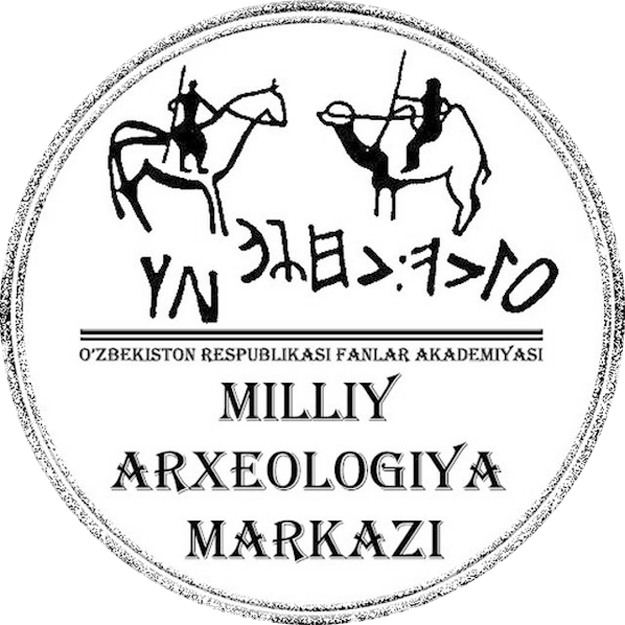The "heavenly" horses of Davani. What zoology says


Archeology of the Academy of Sciences of the Republic of Uzbekistan. With a scientific report on the topic: "The "heavenly" horses of Davani. What zoology says" was made by junior researcher of the laboratory "Bioarchaeology" Mirzaliyeva Guzal Rahmanalievna. In the course of the report, the first results of the study related to the study of such a historical issue as the “heavenly” horses of Fergana in ancient times “sweated blood” were presented, but only from the point of view of zoology. Since exactly this fact is reported in ancient Chinese sources. The object of the study was infected horses of the axalteken breed from the Tashkent region. During their examination, symptoms such as skin cross-section, anemia of the mucous membranes were detected, which led to the primary version that these horses were infected with parasitic worms by nematodes Parafilaria multipapillosa, family Filariidae, suborder Filariata. This type of nematode causes a disease called paraphylariasis. It is a seasonal disease. The intermediate host (i.e. distributor) of which is considered to be a blood–sucking insect - the zhigalka fly Stomoxys calcitrans. With this disease, the appearance of horses deteriorates, loses its attractiveness, and also lose their physical ability and become less active. Based on this, there is doubt that the ancient Chinese could hardly attract horses with such an appearance and physical ailment (because they become less hardy). After the report, questions and recommendations were made.



